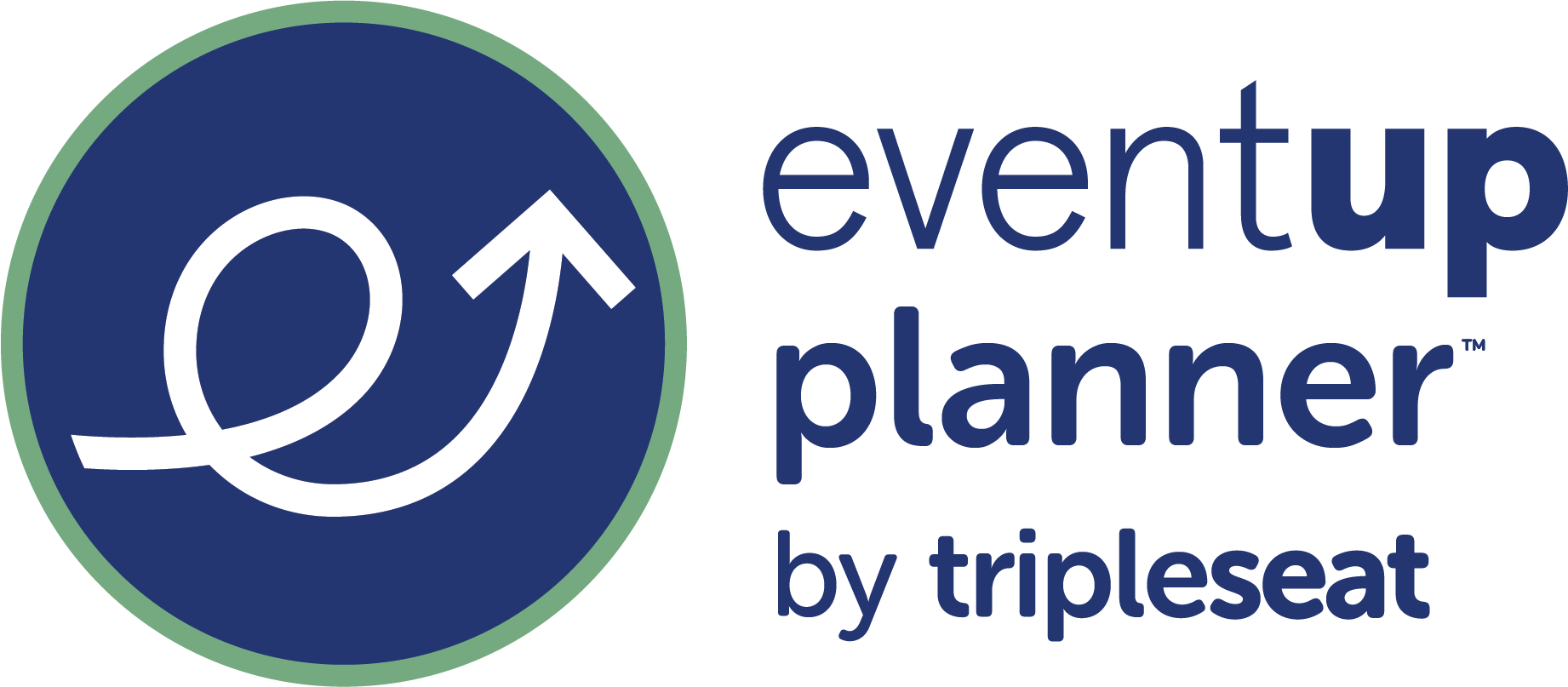Events offer tremendous opportunities to generate leads and move prospects along the sales funnel. Yet it’s surprising how many people struggle to start meaningful conversations that result in an adequate number of potential leads and sales to pay off the costs and overcome the challenges of event marketing.
When it comes to any event-based lead generation, speaking and listening are far more important than simply turning up. Attending and expecting leads and sales to blossom out of thin air is a pipe dream, at best. While holding an exhibition, leading a seminar, conducting a session, or giving a presentation accomplishes more of what you need to generate initial interest, you need to maximize every interaction, whether active or passive.
Stuck for inspiration on how to start meaningful, powerful sales conversations at your next event? Look no further than this article. The tips and strategies outlined below will help you captivate audiences, build rapport, qualify leads, and nurture relationships during and after events, whatever your function is.
Make Yourself Visible
Of course, certain slots may be available to deliver keynote sessions or presentations at an expo, trade show, or networking event. But if there is one available to you, consider taking the opportunity to deliver a short and impactful session, as you never know what leads could be waiting in the wings.
Dynamic presentations will make your audience instantly recognize you and leave a positive impression, and they will be more inclined to speak to you after the session concludes. Captivating and engaging speakers who have mastered the art of executive presence and leadership will likely find more prospects reaching out post-event, opening a variety of potential sales avenues.
Even if you’re not speaking, take advantage of the opportunities you have to attend sessions and ask questions. Doing so will improve your visibility and, bilaterally, make more people recognize you.
Craft Thoughtful Messaging
Captivating your audience, however big, is crucial to opening sales doors. Every conversation should boil down to a carefully crafted message, value proposition, and solution. Ensure you demonstrate the types of people or businesses you help, the problems you solve, and what makes you unique and stand out from the rest.
Refine this into an evocative, meaningful, outcome-focused elevator pitch that you can memorize and convey with enthusiasm and passion. The foundations will make dialogue between potential leads and yourself more compelling and purposeful.
Adopt an Active Mindset
Many attendees will instinctively adopt a passive mindset; in other words, they will politely listen, move on, and do little else. Being proactive and fully leaning into and embracing conversations will help you stand out and, in many ways, help them overcome initial barriers of uncertainty.
Initiate small talk, ask thoughtful questions, and demonstrate that you’re actively listening by referencing details they may have mentioned in passing. Depending on the event, attendees will likely seek providers, products, and services from vendors to help them with specific problems. You can show a sincere interest if you can uncover these through active networking and conversation. Even if they may not be your ideal customer, they may be able to refer you to someone who is.
Leverage the Power of Body Language
It’s widely debated that most communication comes from non-verbal cues, but there’s reason to believe it’s a significant conversation driver. Conscious body language is crucial for connecting with prospects meaningfully and making a positive impression.
Maintain friendly eye contact, face people directly, avoid looking over shoulders, and subtly mirror their posture and mannerisms. If they seem closed off or reserved, it may indicate that they wish to end the conversation. If they are exhibiting welcoming signs that encourage open conversation, approach them with some friendly small talk to begin with.
Keep Conversations Flowing
Once a conversation begins, work intuitively to transition an off-topic discussion to business matters. A typical innocuous example would be asking the subject why they’re attending the expo or conference or whether they’ve had any worthwhile conversations. From this, you can ask pertinent and non-invasive questions to drill down on their specific pain points or day-to-day problems that require solutions.
You can naturally weave in expertise and authority through retellings of client success stories without overwhelming them with forceful tactics and sales jargon. If you manage to engage with prospects in a 15-minute conversation where you can convey experience and credibility, and there seems to be a genuine interest to carry things on further, give them a business card or some printed sales material and invite them for a chat down the line. Consider printing case studies and testimonials for added effect, as these are known to drive leads.
Overcome Objections Positively
Throughout your interactions with attendees, some conversations will whittle down to one or several sales objections, which are straightforward to overcome. Prospects may mention that they have tight budgets, a lack of authority to make critical business decisions, or incumbent suppliers tied to long contracts, to name just a few.
Rather than view these as a dead end, welcome them as an opportunity to stay connected and informed. Emphasize that you are happy to find the best solution for their needs, even if that cannot materialize straight away. Provide reassurance through convincing and compelling client testimonials and stats on deliverables, with no emphasis on costs or bottom lines. Aim to end each chat on a positive note.
Collect and Nurture Leads Strategically
When a discussion reaches its natural conclusion, if you deem the person a suitable lead for you, politely request their contact details in a way that offers them further value. Suggest forwarding details on additional client case studies or examples of projects completed for them to review at their own pace or an email recapping recommendations you’ve discussed in person for their reference. This gives you and them a meaningful reason to connect post-event.
Load leads into your CRM system and trigger personalized, bespoke follow-up conversations to progress your discussions and topics of interest. Events are just the starting point to garner potential attendees in your database, but after the event, you can uncover their intentions.
When they return to their routines after the event, their mindsets and attitudes may drastically differ from how you engage with them. Tailor your lead generation and follow-up messaging accordingly, based on the conversation(s) you have with each prospect after the event. If there is genuine recall and interest, adapt your strategy to give them everything they need to make an informed decision.
With careful preparation and a firm strategy, corporate events can become a huge driver of quality leads for brands across industries. Prioritize meaningful conversations and intentionally guide prospects through your funnel in the ways outlined above to see improved quantity and quality of leads right off the bat.
Plan. Launch. Amaze – with Attendease
Make attendees gather with ease. From small to large and complex events – plan and manage all of your events in one flexible platform – Attendease.

